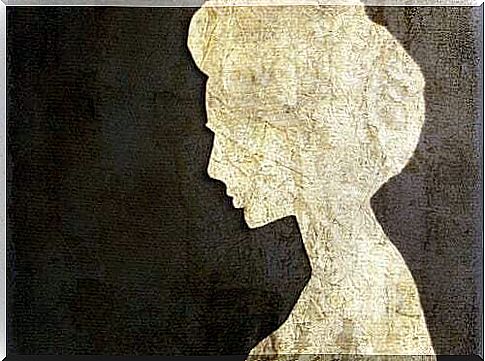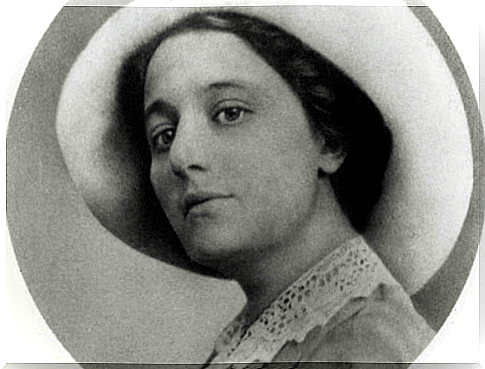Helene Deutsch And The Feminine Side Of Psychoanalysis

Helene Deutsch was the first woman in the history of psychoanalysis to devote herself to the study of female psychology and the first to head the Vienna Psychoanalytic Association. His contributions emphasized the excessive male focus psychoanalysis had hitherto had and served as input for Simone de Beauvoir’s later work.
Helene Deutsch is considered one of the best scholars in the history of psychoanalysis. He has educated a significant number of psychoanalysts with considerable success.
As a woman, she rebelled against the social constraints of her time and always demonstrated that she possessed the will and the character to live by her own criteria and standards.
Her contemporaries called her an extremely beautiful and intelligent woman. To these virtues must be added his proverbial discipline and perseverance. Not only was she famous among her European colleagues, but she also wrote many of the leading psychiatry pages in the United States.

Helene Deutsch, an independent woman
Helene Deutsch was the youngest of four children, born in 1884 in a small town called Przemyśl, which was then part of the Austro-Hungarian Empire which now belongs to Poland.
He came from a fairly open Jewish family ; her family did not hesitate to provide her with access to private education at home, at a time when it was unusual for women to study. His father was a lawyer and Helene was his favorite.
The mother, on the other hand, was an authoritarian and distant woman, who apparently did not express affection towards her daughter. Although Helene Deutsch was a bright child, her attitude was often sad. This was due to her mother’s coldness and because her older brother had tried to rape her.
At 16 she became the lover of Herman Liebermann, a much older man than her who was also married. This was a cause of great family and social scandal; however, Helene decided to go her own way.
Her lover was a prominent leader of Social Democracy and theirs was a stormy relationship. She, however, decided to follow him when he was elected a member of parliament in Vienna. In that city, Helene Deutsch met Rosa Luxemburg, a woman who changed the history of feminism forever and who was always a model for Deutsch’s thought and studies.
Studies and publications
In 1907, Helene Deutsch began studying medicine at the University of Vienna. Back then, there were only seven students in the faculty.
Shortly thereafter, he ended his relationship with Libermann and moved to Munich to specialize in psychiatry under the direction of Emil Kraepelin. In 1912 he graduated and, almost at the same time, his interest in psychoanalysis awoke.
In the same year he married Felix Deutsch, Sigmund Freud’s personal physician. Helene began to work as an assistant in the psychiatric clinic of the University of Vienna, where she was assigned the women’s section. This experience in the clinic would set in motion further studies. From that moment on, she decided to immerse herself in the study of female psychology.
Helene Deutsch started a psychoanalysis path with Sigmund Freud, but after a year she decided to stop it, as she showed no symptoms of neurosis. It was subsequently analyzed by Karl Abraham in Berlin. In 1917 he had his only son, Martin, who as an adult became an important physicist.
The contribution of Helene Deutsch
Helene Deutsch was never a dissident from classical psychoanalysis. He made the essential concepts of the theory his own, but with a different approach.
She tried to apply all these concepts to female psychology in a specific way, becoming the first psychoanalyst to write a book on this topic. He devoted himself above all to the study of narcissism, to the way in which this pathology manifests itself in men and women.
In addition, he had the courage to address issues related to female eroticism that were still taboo at the time and directed psychoanalysis towards a new field that had never been dealt with: motherhood.
He urged Freud to further explore female psychology and gave a constructive interpretation to the alleged female passivity, which he defined as an introspection that facilitates intuition.
Together with his family, Deutsch emigrated to the United States in 1935. He settled in Boston, where he began working as a psychiatrist at Massachusetts General Hospital.
Her Psychology of Woman has become a classic of feminist thought. Her husband died in 1964 and she died in 1982 at the age of 97. His name and his work have always been highly regarded in the United States and Europe.
Helene Deutsch has shown the world that women can successfully perform in any field, which are not all that different from men. She tried to deepen female psychology, a field of study that had just been explored in a male-dominated society like that of that time.









